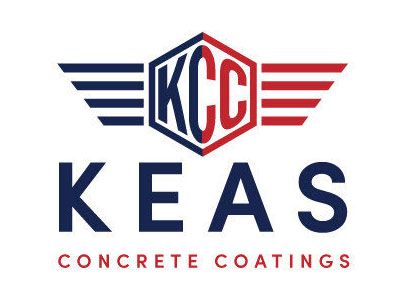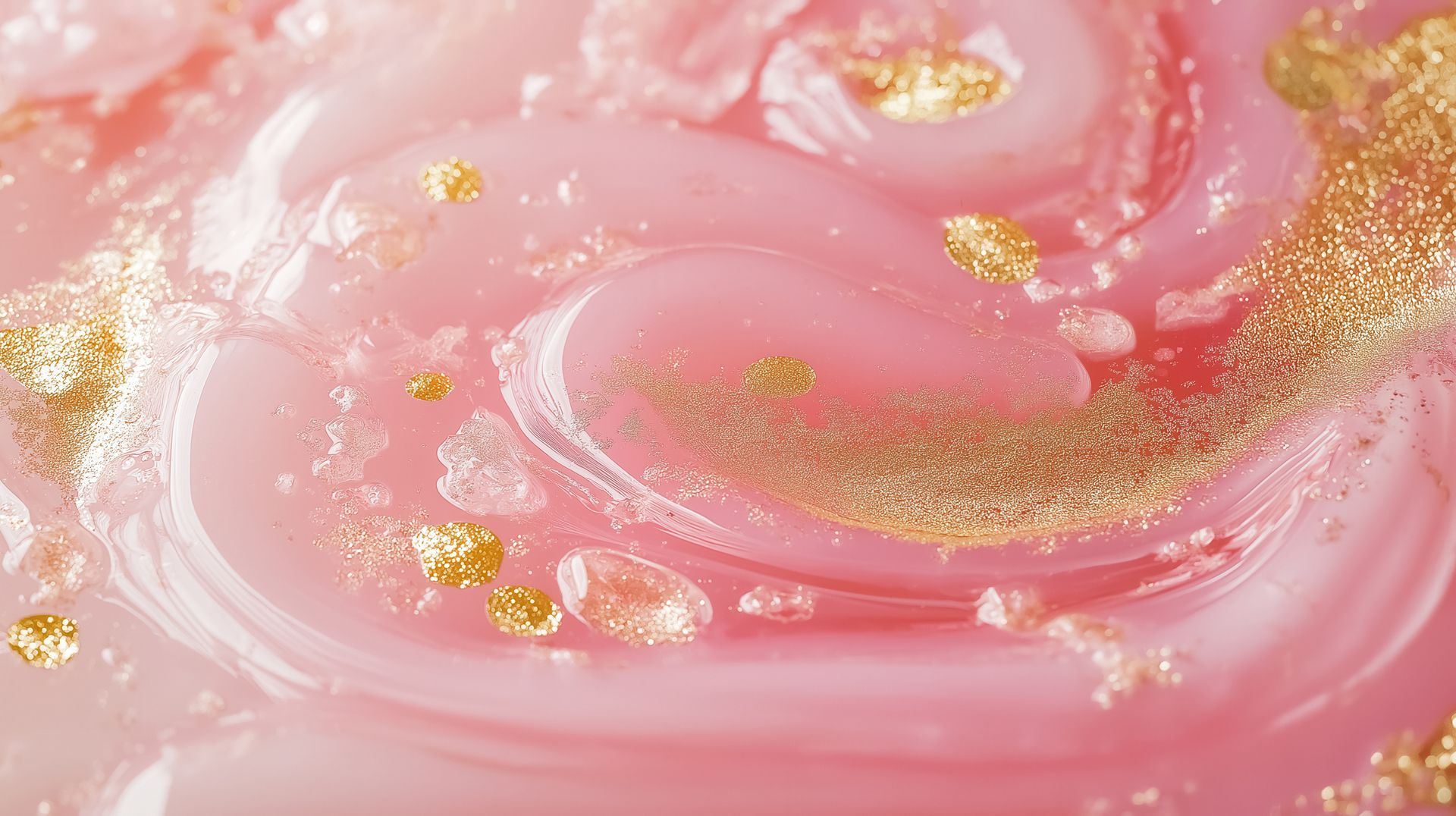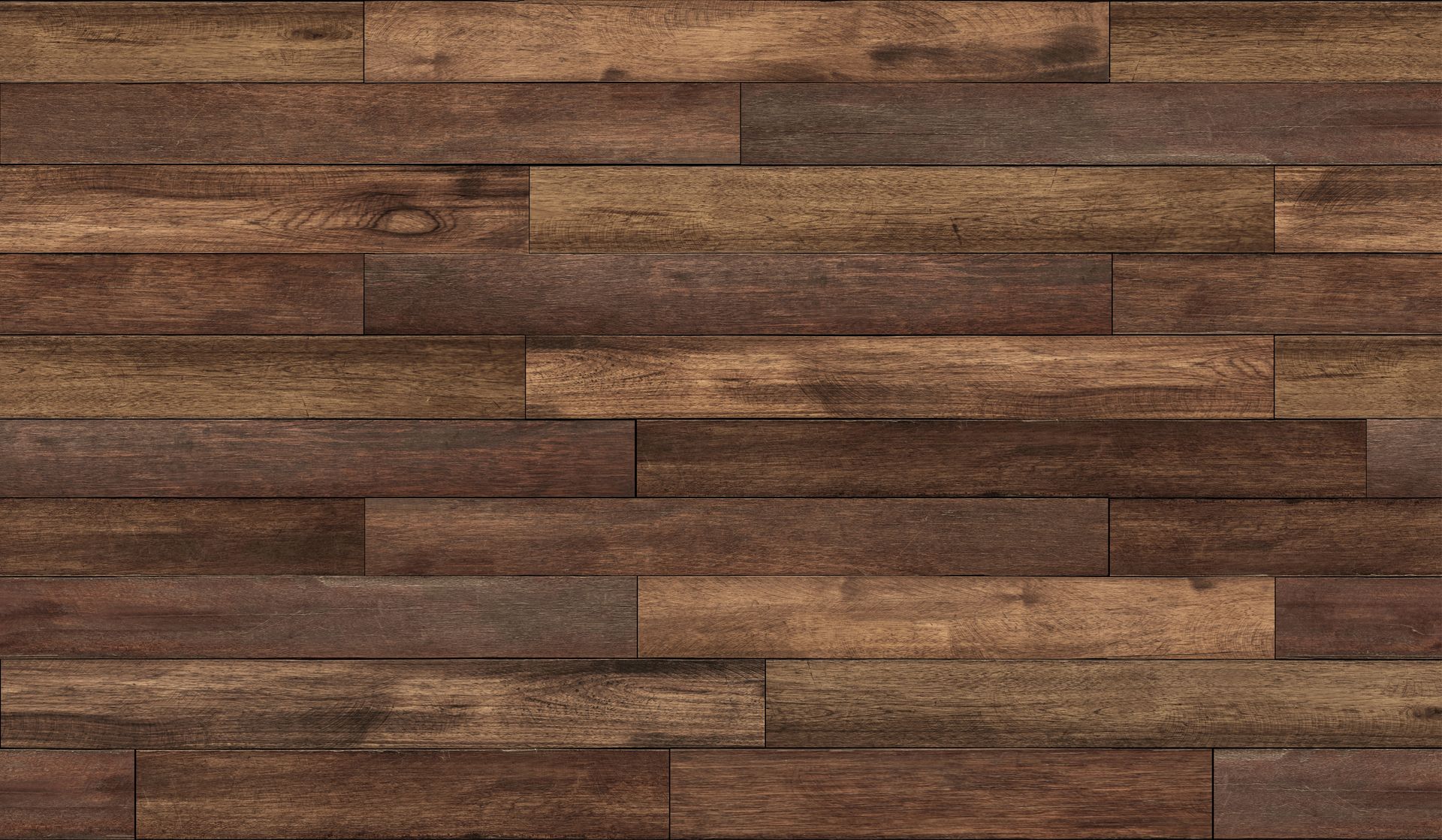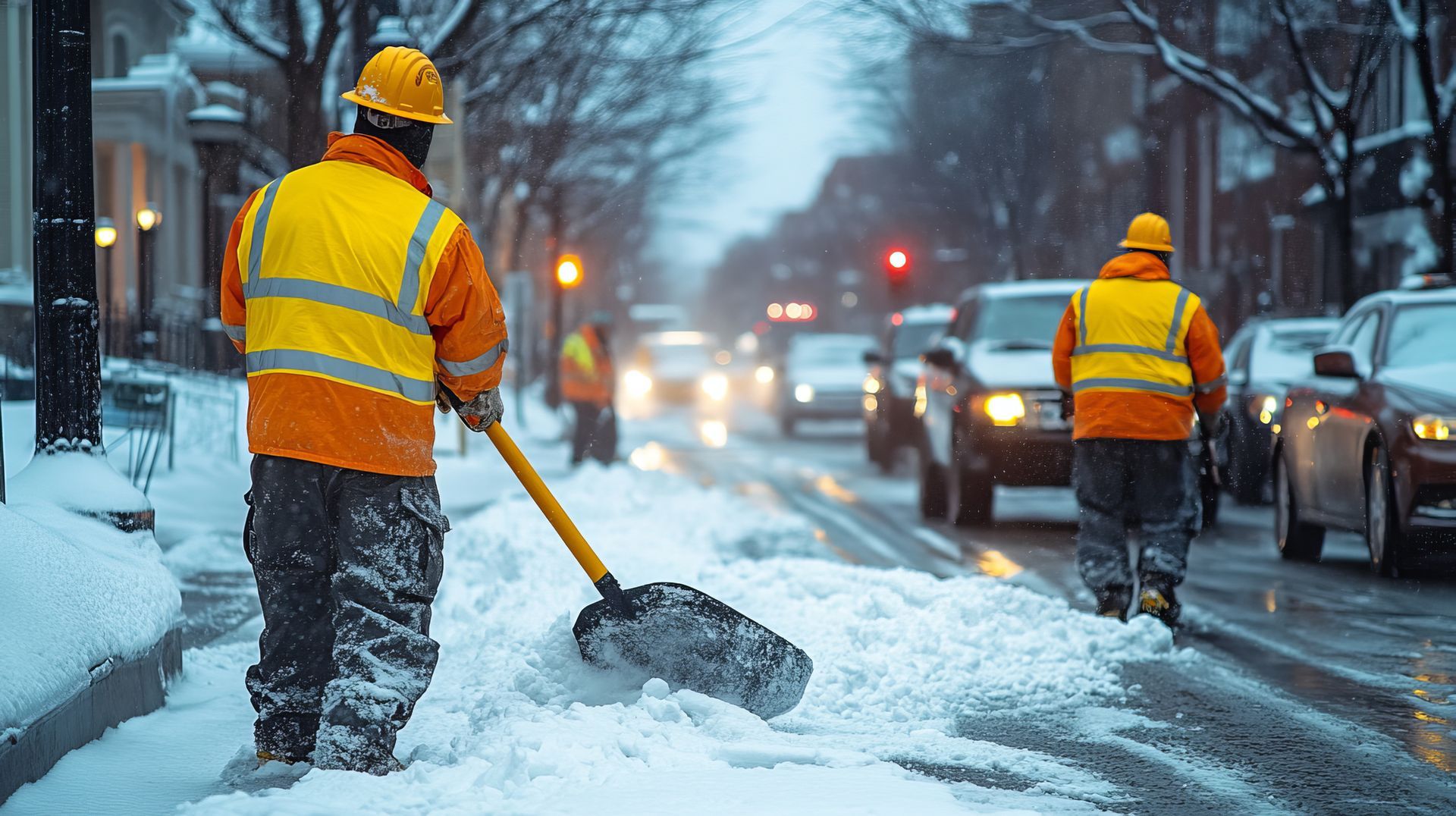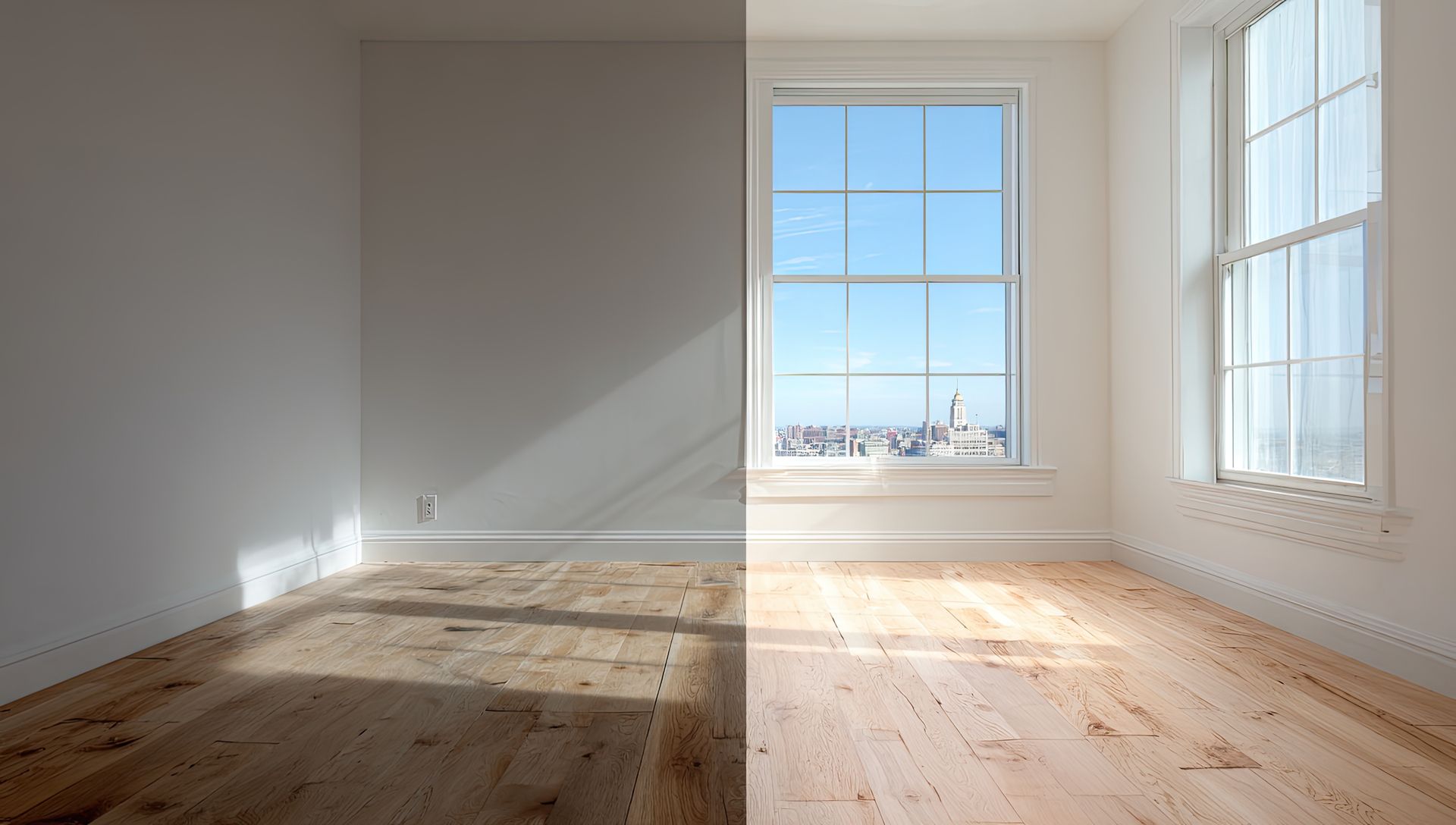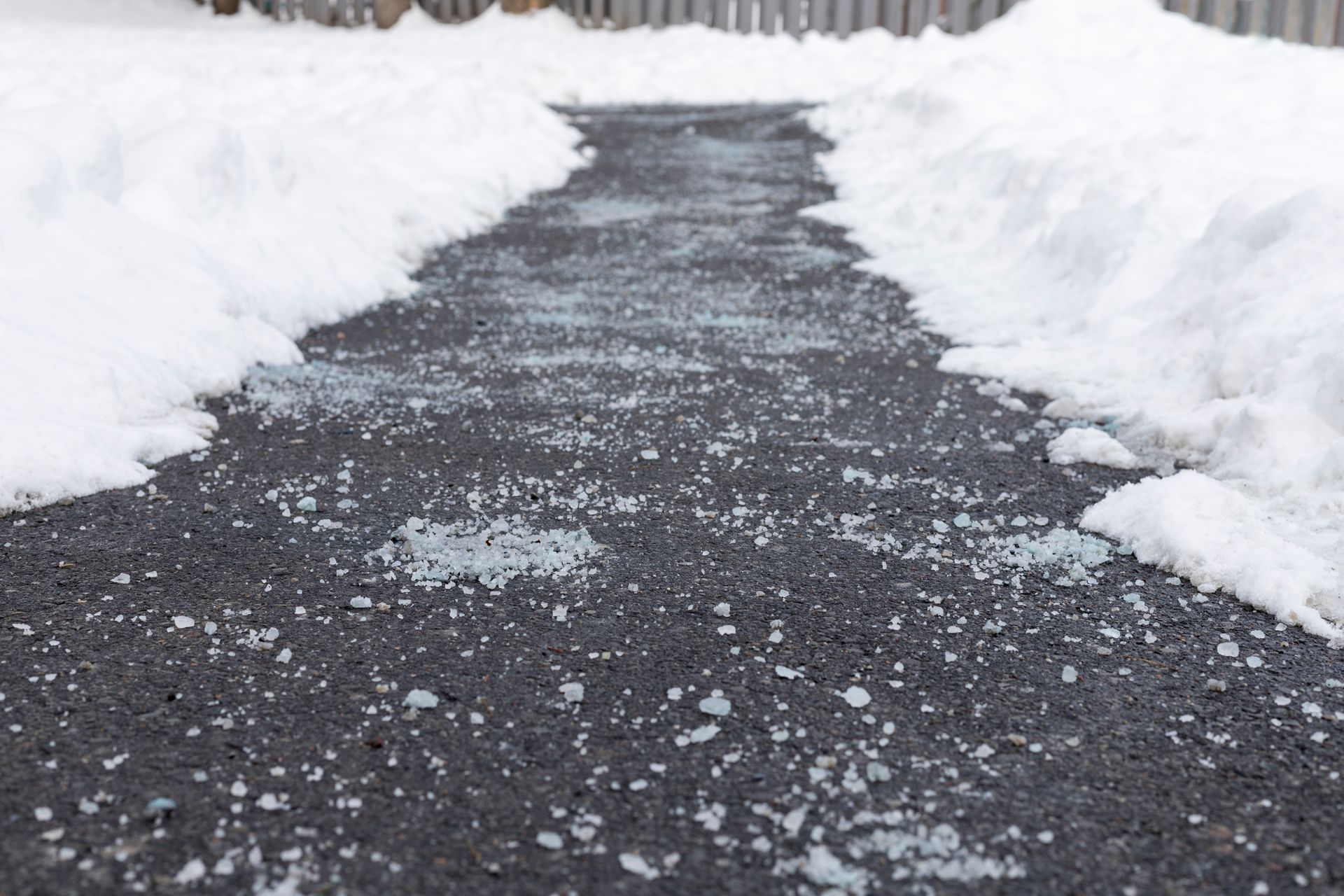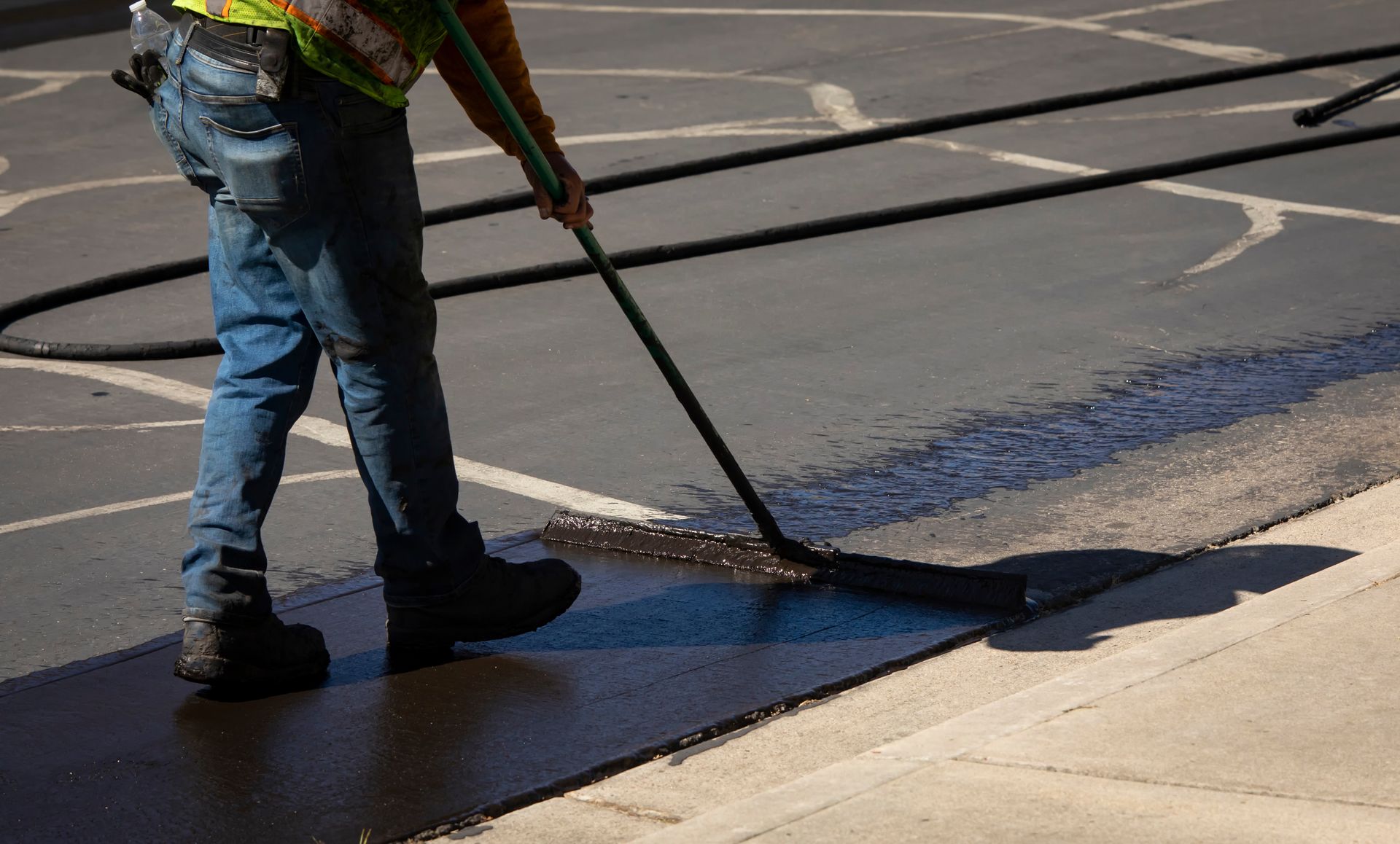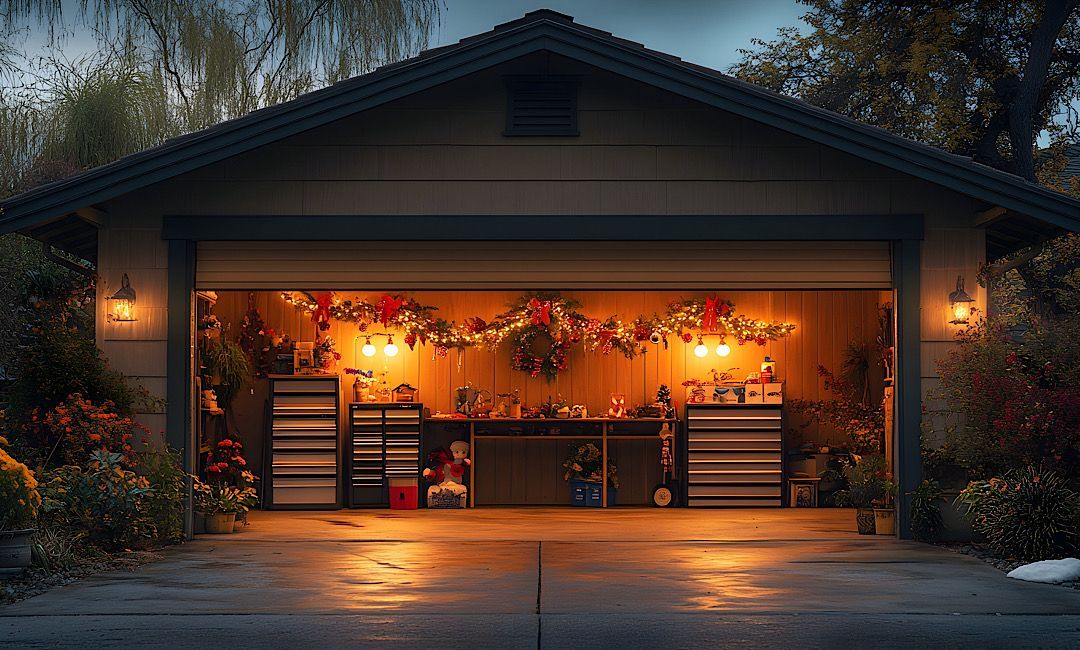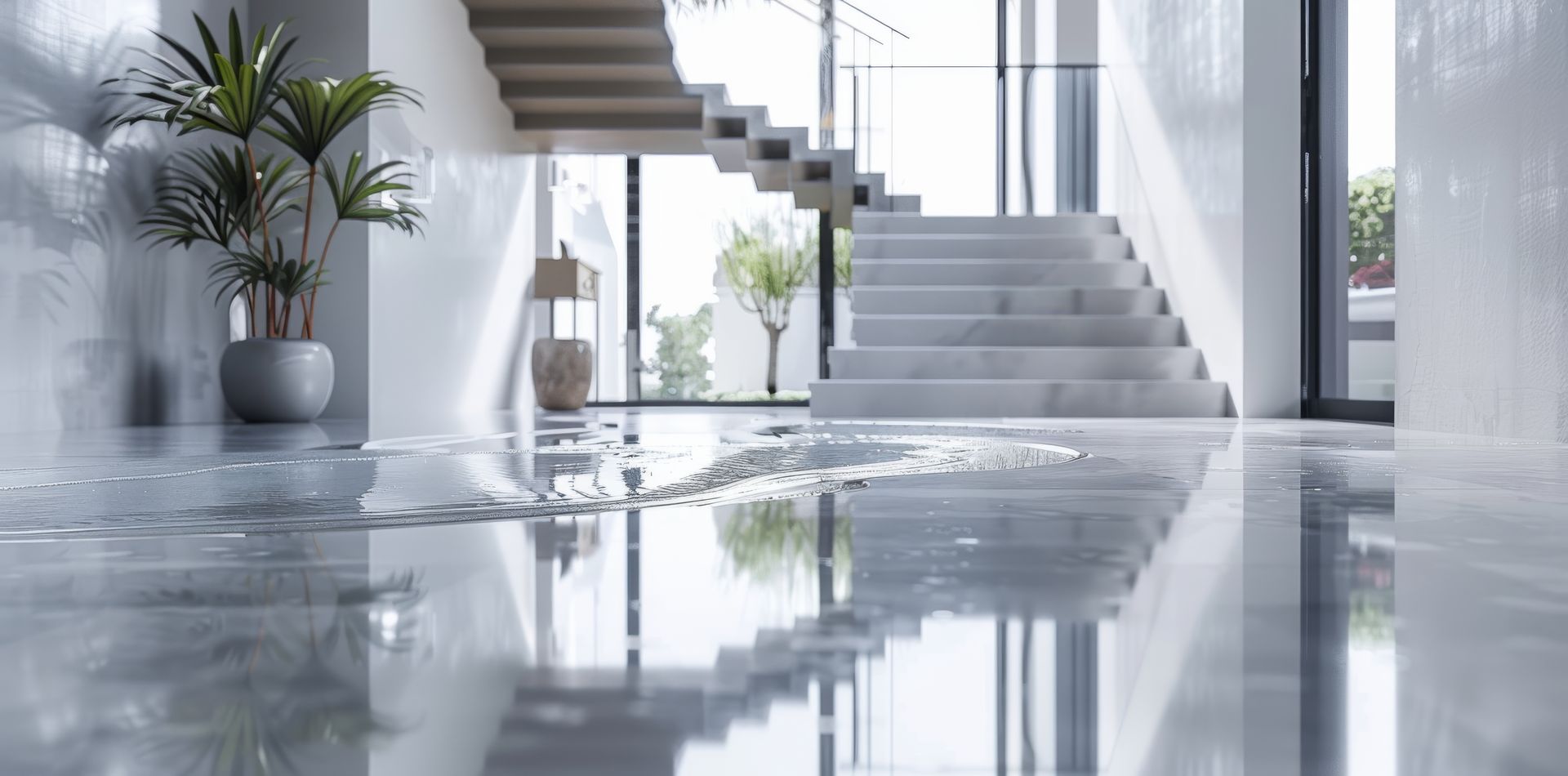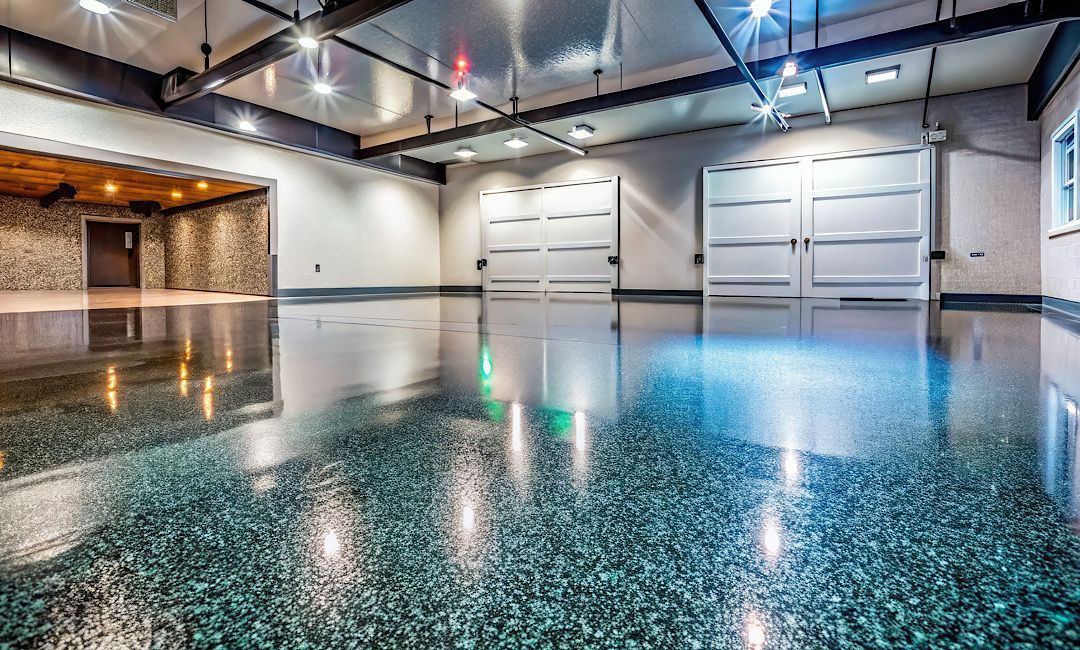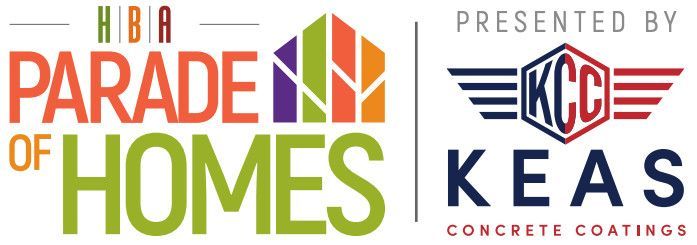Polyurea Coatings vs. Epoxy: Which Holds Up Best in Cold Weather?
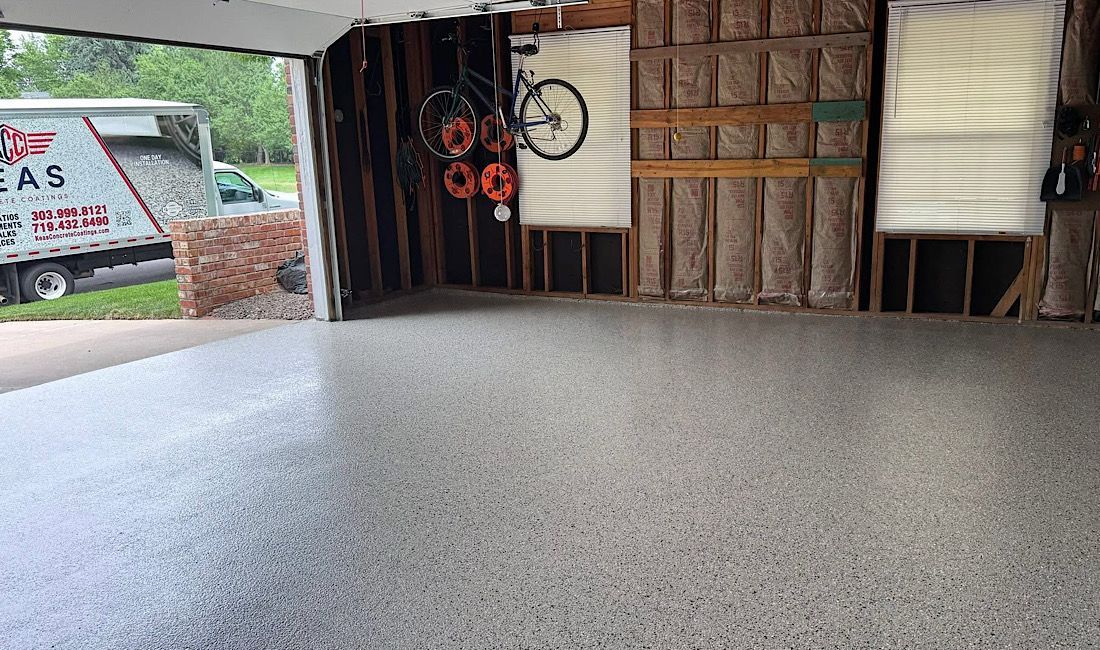
Colorado Winters Put Concrete to the Test
If you live in Colorado, you already know that winter is no joke. Between snowmelt, subzero temperatures, and constant freeze-thaw cycles, your home’s concrete surfaces—especially in garages and entryways—take a beating. When it comes to protecting those surfaces with a durable coating, many homeowners ask the same question: polyurea vs epoxy—which one actually performs better in cold weather?
At Keas Concrete Coatings, we specialize in cold-climate solutions for Denver and Colorado Springs homeowners. While both polyurea and epoxy coatings offer surface protection, they’re far from equal when winter weather arrives. Here's what you need to know before choosing a cold weather floor coating for your Colorado home.
Epoxy: Durable, But Not Designed for the Cold
Epoxy has been a go-to floor coating for years, and for good reason. It bonds tightly to concrete, resists chemicals, and creates a hard, long-lasting finish. However, epoxy has one major drawback in Colorado's climate: it doesn't like the cold.
Key limitations of epoxy in winter:
- Longer cure times: Epoxy takes several days to fully cure, and low temperatures slow this down even further.
- Brittle in the cold: Epoxy hardens into a rigid surface that can crack under the stress of expanding concrete.
- Moisture sensitivity: Snow melt and humidity can interfere with the bond during installation.
- Yellowing and chalking: UV exposure, especially near garage doors, often causes epoxy to discolor over time.
While epoxy is still suitable for indoor, temperature-controlled spaces, it’s not the best choice for garages, porches, or outdoor concrete in the Rockies.
Polyurea: Engineered for Extreme Temperatures
Polyurea coatings, on the other hand, are designed to perform under pressure—especially from environmental conditions. Used in industrial settings for decades, polyurea is now a preferred solution for homeowners who want fast, flexible, and long-lasting results.
Why polyurea wins in winter:
- Flexible under stress: Unlike epoxy, polyurea expands and contracts with the concrete, making it resistant to cracking.
- Fast curing: Cures within hours—even in colder temperatures—allowing for quick installations with minimal disruption.
- Water and salt resistance: Perfect for Colorado garages where snowmelt and de-icing salts are daily winter guests.
- UV stable: No yellowing or fading near doors or windows.
- Slip-resistant: Custom textured finishes improve traction in wet or icy conditions.
In short, polyurea coatings outperform epoxy on all the metrics that matter for cold-climate homeowners.
Side-by-Side Comparison: Winter Performance
| Feature | Epoxy Coating | Polyurea Coating |
|---|---|---|
| Cure Time | 2-5 days (slower in cold) | 1 day (6-24 hours) |
| Flexibility | Rigid, prone to cracking | Flexible, resists movement |
| Salt & Moisture Resistance | Moderate | Excellent |
| UV Stability | Can yellow | UV-resistant |
| Cold Weather Performance | Limited below 50°F | Cures in temps as low as -20°F |
| Lifespan in Colorado Homes | 3-5 years average | 15+ years with minimal upkeep |
Why Colorado Homeowners Choose Polyurea
When it comes to Colorado winter coatings, the numbers—and real-life experience—make it clear. Our team at Keas Concrete Coatings has applied both epoxy and polyurea systems over the years, and the difference in long-term performance is dramatic.
One example: a Denver-area homeowner with a two-car garage previously coated with epoxy called us after noticing peeling and salt stains within just two winters. We removed the failing epoxy, installed a polyurea system with a granite-style flake finish, and followed up two years later—no cracks, no stains, and the surface still looked brand new.
Thinking Ahead to Winter? Here’s When to Schedule
If you’re considering a garage or patio coating before winter sets in, fall and early winter are ideal. Our polyurea systems can be applied in cold temperatures, meaning you won’t miss your seasonal window. Just keep in mind:
- Epoxy coatings often can’t be installed once temps drop below 50°F
- Polyurea offers flexibility in both weather and scheduling
- Demand increases in late fall—booking early ensures a spot before winter weather intensifies
Cold Weather Protection Starts with Keas
If you're comparing polyurea vs epoxy for your Colorado home, Keas Concrete Coatings can guide you to the right choice. We serve Denver, Colorado Springs, and surrounding communities with expert installations, industry-grade materials, and finishes designed for Colorado’s climate.
Let us help you protect your garage, porch, or walkway before snow and salt take a toll.
Call Keas Concrete Coatings today at 303-999-8121 to request a quote or
get expert guidance for your cold-weather floor coating needs.
